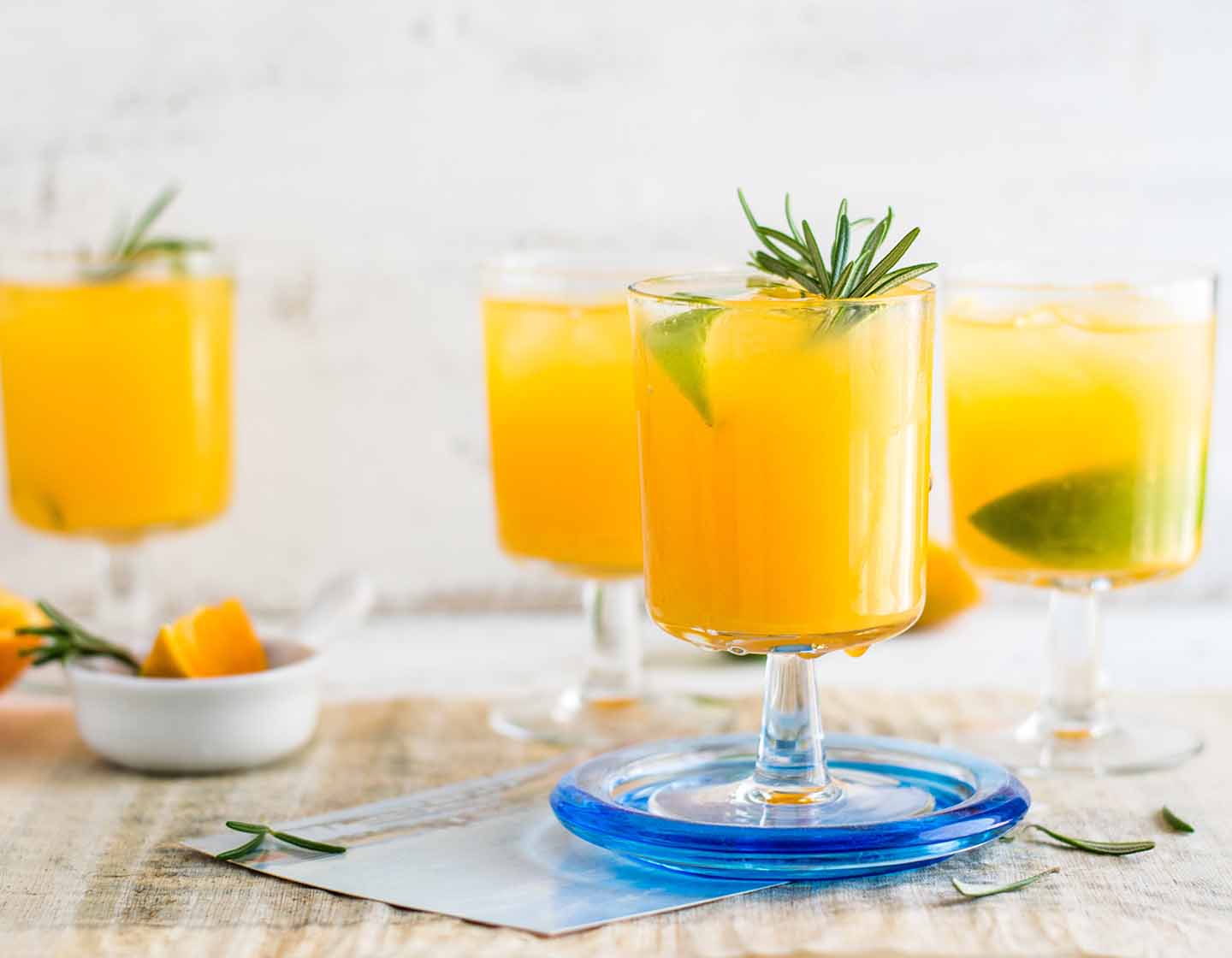
The benefits of brilliant batching
Batching cocktails is a tried and tested way for bar operators to deliver consistent cocktails quickly, reducing stress on staff and wait times for guests, and enabling you to serve more people more cocktails, more often. There are a wide variety of different options for batching to suit different styles of service.
Estimated Reading Time: 10 Minutes
Ever since the concept of the cocktail has existed, the technique of batching ingredients has been used to deliver delicious drinks consistently, and with speed and efficiency. Many of the world’s best bar operators utilise batching to allow their bar teams to focus on delivering an amazing guest service and beautifully garnished drinks. There are a wide variety of different batching techniques, from pre-mixing simple, single serve bottled cocktails through to complex multi-serve keg and draft systems. Here, we’ll give you the lowdown on some of the different techniques for creating brilliant batches.
Where it all began
Cocktail batching has been around for quite some time, after all the drink choice for many in the 18th century was punch, a well-known form of batched cocktail that requires no shaking or stirring. Jerry Thomas is often considered as the father of cocktail mixology. In fact, his Bartender’s Guide from 1862 includes recipes for pre-bottled cocktails. In the 1950’s, Trader Vic and Don the Beachcomber, founders of the Tiki cocktail movement, also used the batching technique to keep their cocktail recipes a secret from their competitors.
Today, modern bars like Sexy Fish, are batching cocktails en-masse in off-site prep kitchens before distributing to various sites.
Adam Dow on exceeding customer expectations, making the most of your menu and tailoring your drinks recommendations.
Batching Techniques
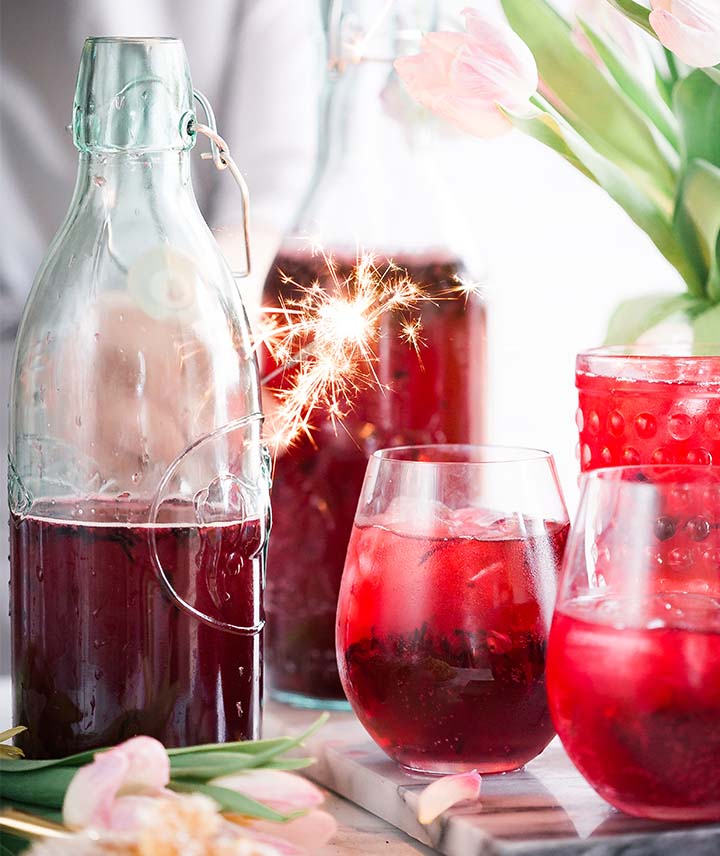
Batching Techniques
There are several different techniques when it comes to creating a batch cocktail, including:
Single serve – this involves pre-mixing individual cocktails that can be served to a guest with a garnished glass. This is a perfect option for self-service or creating cocktails in jars where a bartender can just add ice, garnish and serve.
Bottle batching multiple cocktails – this is like a single serve but ideal for larger groups, to speed up service or even for individual dispense by bartender.
Vessel batching – this technique is often prepared in a large dispenser or a barrel. This means that a large batch of cocktails can be made for easy individual dispense.
Slushy Machines – perfect for creating batched frozen cocktails.
Vacuum packaging – ideal for creating multiple cocktails for individual dispense on a large scale.
Keg batching cocktails – this method is ideal for draft dispense on a large scale in busy venues.
Commercially batched cocktails, such as Diageo Draft Cocktails – these are also often created for draft dispense in busy venues.
Things to consider when making batched cocktails
When it comes to implementing a batching system, there are a few different factors that can impact the quality of the cocktail and how it’s served. The first thing to consider is introducing a designated batch manager to ensure that the process is well managed and consistent. Alongside this, you should consider:
The percentage ABV of the finished cocktail – this will impact the shelf life and storage conditions required. For instance, unopened cocktails above 25% ABV will store for up to three months at room temperature but should be permanently refrigerated once opened.
The use of perishable ingredients – using fresh fruit and juice within a cocktail will cause it to go off quicker. However, there is an easy fix. Simply add in the fresh ingredients before shaking and serving.
Dilution of the cocktail – there are pros and cons to diluting or not diluting a cocktail. For instance, if you dilute a cocktail to its serving strength, it can be poured straight into a chilled glass and served. Whereas you can pre-mix ingredients to bottle strength which will increase the shelf life outside of refrigeration.
However you decide to create your batched cocktails, it’s important to test and trial new methods in order to perfect your technique. It’s wise to start batching on a small scale and build up your quantities over time.
When not to batch cocktails
Part of the challenge of batching lies in which ingredients to include. For instance, when elements like effervescence are involved then that may not be easy to maintain during batching.
If a cocktail is untested, making a large batch could risk significant wastage if they have a particularly short shelf like and sales are low.
Alternatively, if one of the USPs of your venue is the theater of drinks preparation or to create bespoke flavors for your guests, then batching may not be suitable.
Key takeaways
Batching is a tried-and-tested technique, utilized by some of the best-known bartenders, to enhance their ways of working.
It allows you to deliver consistent cocktails quickly, reducing stress on staff and wait times for guests.
There are many different techniques that can be used to batch cocktails, depending on the style of a venue – thoroughly investigate the batching technique you want to work with and then test and learn it over time.
Sign up and become a member of Diageo Bar Academy today and opt-in to receive our monthly newsletter to unlock the latest industry news, trends, and tips to keep your bar knowledge up to speed!
Related Content
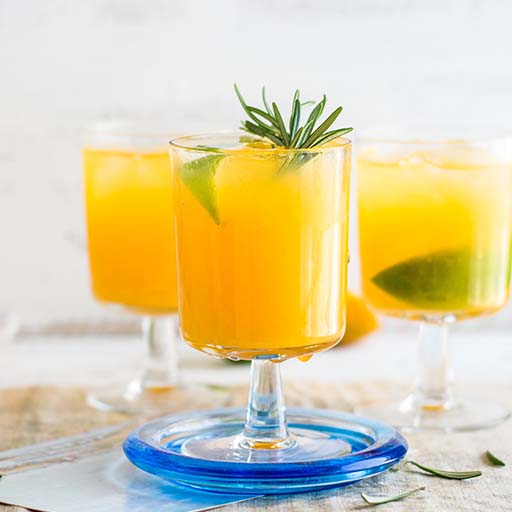
The benefits of brilliant batching
Batching cocktails is a tried and tested way for bar operators to deliver consistent cocktails quickly, reducing stress on staff and wait times for guests, and enabling you to serve more people more cocktails, more often. There are a wide variety of different options for batching to suit different styles of service.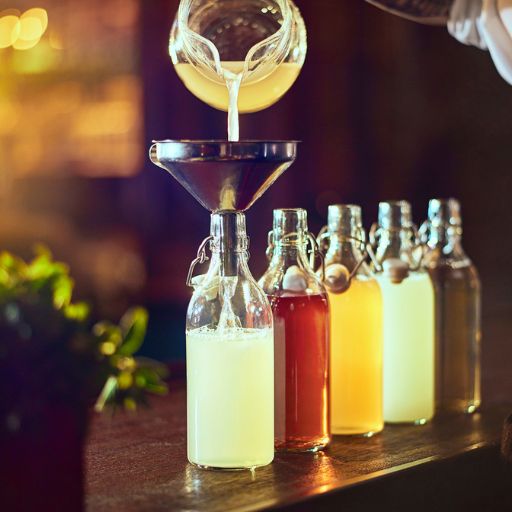
How to Add Batched, On Tap and Canned Cocktails To Your Menu
Learn how to batch and create your own canned cocktails for your bar and how they can benefit you with this Masterclass webinar.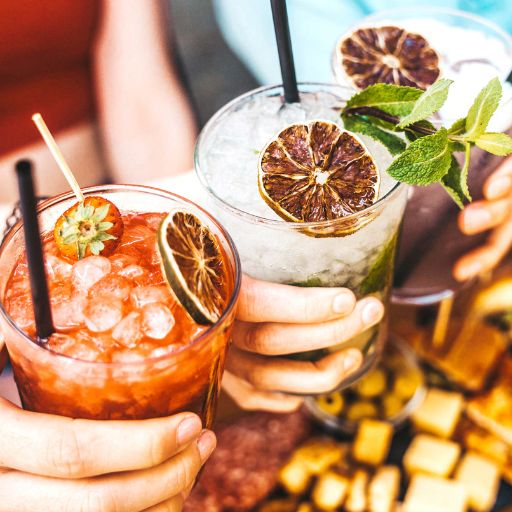
Batched and Canned Cocktails
Download this step-by-step guide to help you batch drinks, create on tap cocktails, canned cocktails, and more.
How to Add Batched, On Tap and Canned Cocktails To Your Menu eBook
Learn how to batch and create your own canned cocktails for your bar and how they can benefit you with this downloadable eBook.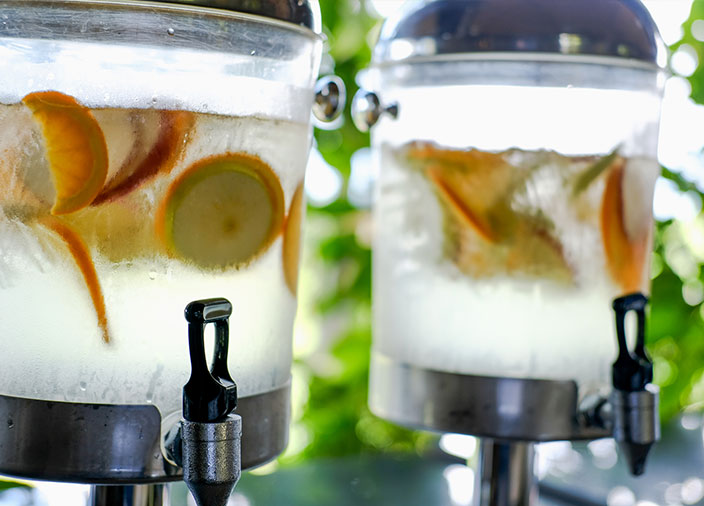
Guide to Batched Cocktails
Batching cocktails is a smart choice for busy service hours at your venue. View or download our quick guide and recipes to get started.
Large Format Pre-Batch
Large Format Pre-Batch downloadable PDF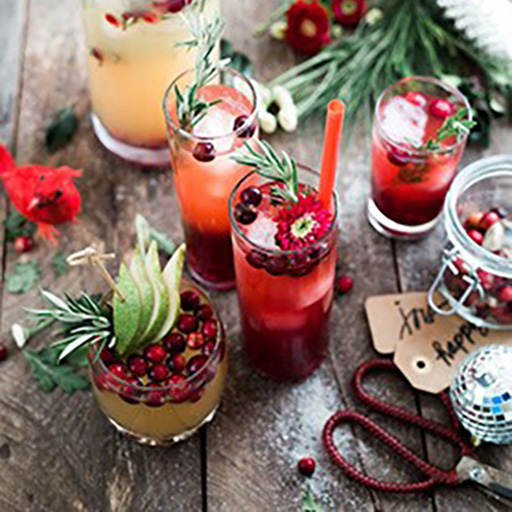
The ABC’s of Batching Summer Drinks
This ultimate guide to batching covers how you can shorten ticket times, upsell cocktails and group serves, and enhance health and safety measures in your establishment.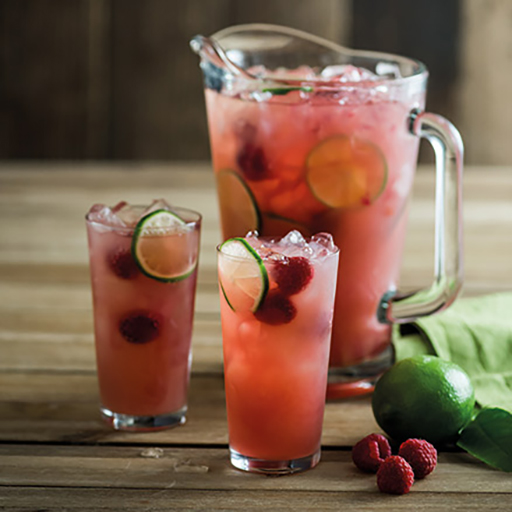
Add Punch to your Menu with Batch Cocktails
Spring is here and with it comes plenty of opportunities for large group celebrations, including Easter, Mother’s Day, graduations and other special occasions.
